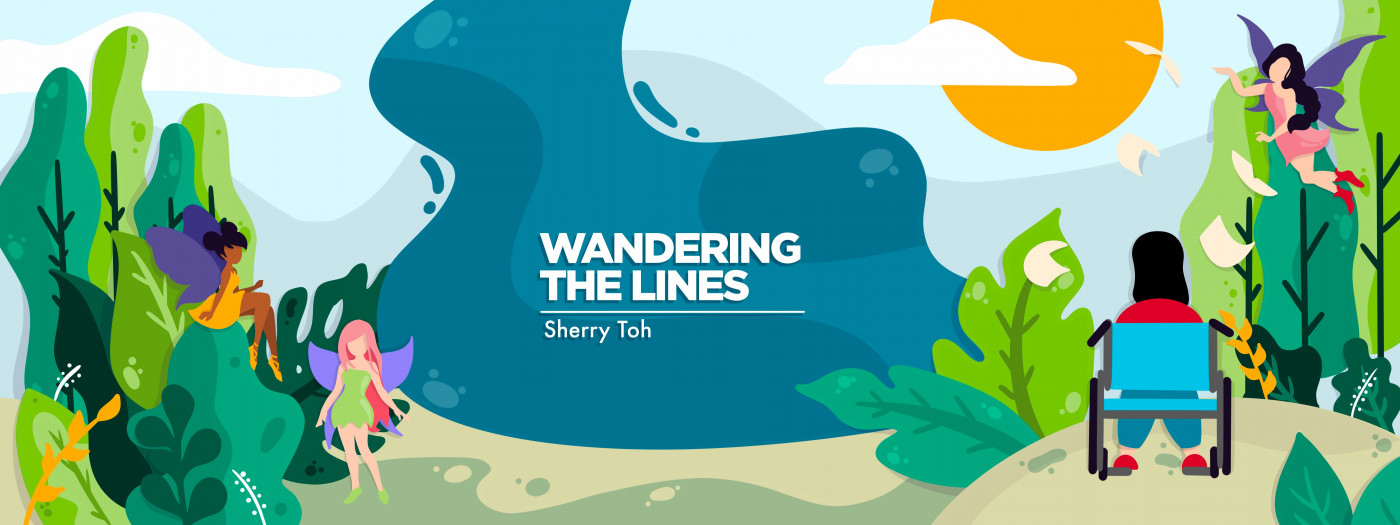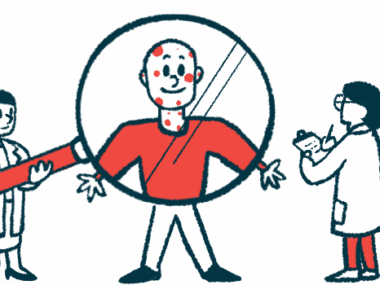Saying goodbye to my great-uncle Richard, an ‘Old Hero’
A family member's passing prompts subtle but important life lessons
Written by |

Content warning: This column deals with the topics of death and suicidal ideation.
“The first dead body you see should not be someone you love,” advises funeral director Poppy Mardall in journalist Hayley Campbell’s 2022 book “All the Living and the Dead.”
Campbell’s book provides remarkable insight into the “death industry” — from homicide detectives to embalmers — and why people enter the field. Drawing upon detailed interviews, Campbell fills the book with lessons on how we perhaps ought to view death and live life. Mardall’s advice is one of those lessons, and it was at the forefront of my mind as I peered into the casket of my great-uncle Richard.
I finished reading the book in early August. My great-uncle passed away on Aug. 30. While reading the book, I agreed with Mardall’s observation that we need to “separate the shock of seeing death from the shock of grief.” That had been easy for me to do, because having SMA makes me think of death all too often.
However, the idea remained abstract, and I didn’t imagine how viscerally I’d feel Mardall’s words until the reality of my great-uncle’s death set in. It was shocking to see his embalmed body, which was so different than when he was alive. The slideshow of pictures of him at the funeral held life instead, capturing his essence and spirit.
As I held back tears, I could think only of “All the Living and the Dead” and how the dead can continue to teach the living.
A great-uncle’s legacy
In my uncle Bastien’s poetic eulogy for his father, he said that Great-Uncle Richard was described by our family as a man of few words. My recollection of him is perhaps closer to Uncle Bastien’s: It “didn’t mean he was quiet, but he was selective in choosing when to say things, and when he did, his words were often very impactful.” Great-Uncle Richard was never the life of the party or the social butterfly (that would be his wife, Great-Aunt Doreen), but he did talk quite a bit if you listened.
The Christmases and the Chinese New Years I spent with him jump out in my memory. While others ate, played games, and watched television, he’d go around to ensure everyone was doing well — not just in the moment or on those particular days, but in our daily lives. He’d give advice (or lovingly nag at you) if he felt you needed it. He’d offer help. He was a kind family man through and through — an “Old Hero,” as our family called him — and remained so until the end of his life.
There’s also the romantic story my mother liked to tell me of how my great-uncle insisted on pursuing and marrying my great-aunt, although she had issues with her health. Having a disability myself and desiring romance, I knew that his commitment to Great-Aunt Doreen was a rare, beautiful type of love.
Though he’s left us for heaven, Great-Uncle Richard lives on in this world through his family.
And he’d given me a parting gift before his rest.
I’ve been open with readers of this column about my suicidal ideation from the get-go. It’s part of the SMA deal for me, because when healthcare and social systems are unfair, it’s incredibly easy to believe no one will miss you. But the opposite is true. When I arrived at my grand-uncle’s funeral and saw all our relatives gathered to celebrate him and say goodbye, I saw that when you pour love and care into the world, it returns to you in spades.
I don’t know if the suicidal ideations or contemplations of death will ever stop completely. Brain chemistry and living with SMA are tricky like that. Nevertheless, I do know that they’re easier to resist now, just because I knew my great-uncle. And I hope that if you’re struggling, too, reading this column will remind you that life is worth living no matter what, and that people do care about you.
Thank you for everything, Great-Uncle Richard. Rest in peace.
Note: SMA News Today is strictly a news and information website about the disease. It does not provide medical advice, diagnosis, or treatment. This content is not intended to be a substitute for professional medical advice, diagnosis, or treatment. Always seek the advice of your physician or other qualified health provider with any questions you may have regarding a medical condition. Never disregard professional medical advice or delay in seeking it because of something you have read on this website. The opinions expressed in this column are not those of SMA News Today or its parent company, Bionews, and are intended to spark discussion about issues pertaining to spinal muscular atrophy.





Mike Huddleston
Hey Sherry - Thank you for this article. Sorry for your and your family's loss. May your great uncle Richard rest in peace.
The unfortunate reality of the opinion of the funeral director is offset by reality. The percentage of people who see a dead body outside of attending a funeral is almost non-existent. Therefore, the vast majority of people who see a dead body for the first time will be of someone they knew and likely loved. And I'd imagine there are many informed opinions, some even educated in the area of human psychology, who might disagree with this. However, the entire article is thought provoking and appreciated.
Suicide ideation, depression, and many other factors may play a part in the human condition for some. Add in a progressively degenerative condition, and it's possible these are magnified. Everyone has value and everyone would be missed. I encourage anyone seriously considering this or having these thoughts to call the Suicide and Crisis Lifeline at 988.